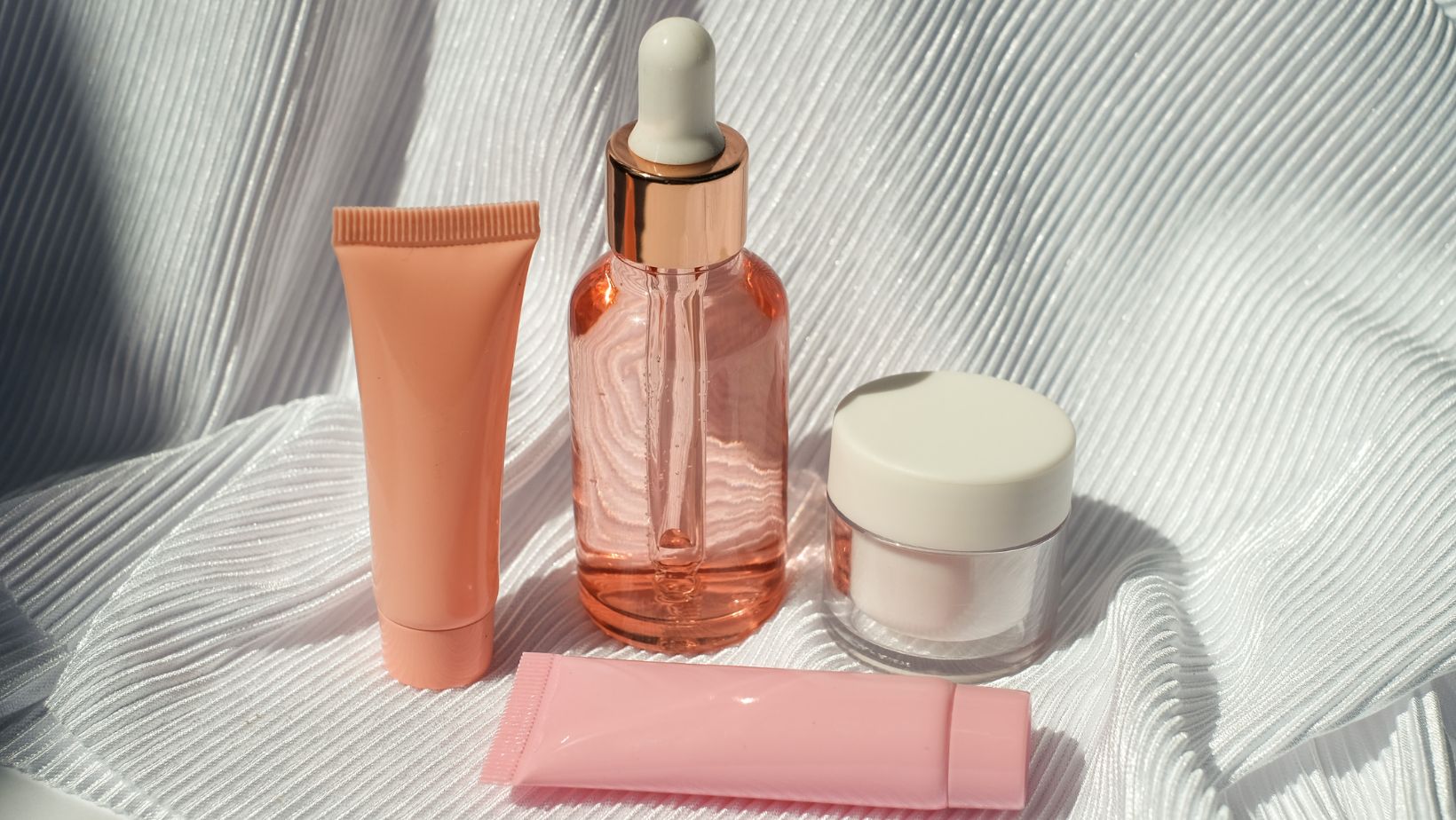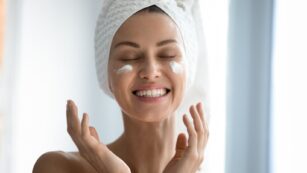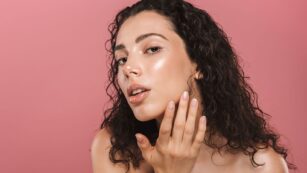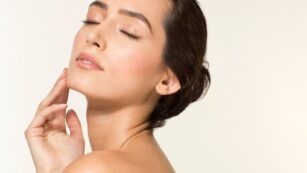
In an era where technology seamlessly integrates with daily life, the beauty industry is no exception. Beauty tech trends are reshaping how individuals approach skincare, makeup, and overall wellness. From smart mirrors that analyze skin conditions to virtual reality makeup trials, the fusion of technology and beauty is opening up a world of possibilities.
As consumers become more tech-savvy, they’re demanding innovative solutions that cater to personalized beauty needs. Devices that offer real-time skincare diagnostics and AI-powered apps that recommend products based on user data are just the beginning. These advancements not only enhance the consumer experience but also empower individuals to make informed decisions about their beauty routines.
Beauty Tech Trends
Technological advancements are reshaping the beauty landscape. From cleansing to anti-aging solutions, beauty tech innovations offer personalized and effective care.
Smart Facial Cleansing Brushes
 Smart facial cleansing brushes integrate sonic technology to elevate skincare routines. These devices, featuring customizable settings, adjust to different skin types for optimal cleansing. Brands like Clarisonic and Foreo lead the market with brushes that sync with apps, providing real-time feedback and personalized skincare recommendations.
Smart facial cleansing brushes integrate sonic technology to elevate skincare routines. These devices, featuring customizable settings, adjust to different skin types for optimal cleansing. Brands like Clarisonic and Foreo lead the market with brushes that sync with apps, providing real-time feedback and personalized skincare recommendations.
LED light therapy tools use specific wavelengths to target skin concerns. Blue light treats acne while red light reduces wrinkles. Devices from Neutrogena and Dr. Dennis Gross boast easy at-home use, making professional-grade treatments accessible to consumers. These tools improve skin appearance with consistent use over time.
Microcurrent facial devices stimulate facial muscles using low-level electrical currents. This technology, employed by brands like NuFace and Ziip, enhances skin tone and reduces signs of aging. Devices provide a non-invasive method to achieve firmer skin, delivering noticeable results with regular application.
Augmented Reality in Beauty
Augmented Reality (AR) transforms beauty by allowing consumers to experience products digitally. This shift creates more interactive and personalized beauty experiences.
Virtual Try-On Solutions
 Virtual try-on solutions enable users to test products like makeup and hair color in real-time. Major brands such as L’Oréal and Sephora offer apps that use AR technology to overlay cosmetics on live video images, providing realistic visuals. Customers explore options without any physical application, increasing convenience and reducing purchase hesitation.
Virtual try-on solutions enable users to test products like makeup and hair color in real-time. Major brands such as L’Oréal and Sephora offer apps that use AR technology to overlay cosmetics on live video images, providing realistic visuals. Customers explore options without any physical application, increasing convenience and reducing purchase hesitation.
Personalized beauty apps integrate AR to customize beauty routines based on individual needs. These apps assess user data—such as skin type and tone—to recommend products and routines. Companies like ModiFace and Perfect Corp. lead in offering tailored suggestions, enhancing user engagement by providing personalized beauty advice that adapts to changing skin conditions.
AI-Powered Beauty Solutions
AI transforms beauty by offering personalized solutions for individual needs. With advanced algorithms, consumers experience enhanced beauty care tailored to their unique characteristics.
Skin Analysis Tools
 AI-driven skin analysis tools provide in-depth assessments of skin conditions. They use image recognition technology and AI image generators to evaluate parameters like hydration level, acne presence, and pigmentation. Tools from companies like Neutrogena and YouCam analyze selfies to offer detailed skin reports. This precision allows people to understand their skin better and address concerns efficiently.
AI-driven skin analysis tools provide in-depth assessments of skin conditions. They use image recognition technology and AI image generators to evaluate parameters like hydration level, acne presence, and pigmentation. Tools from companies like Neutrogena and YouCam analyze selfies to offer detailed skin reports. This precision allows people to understand their skin better and address concerns efficiently.
AI algorithms suggest products best suited for individual skin types and concerns. By analyzing user data, including skin type, age, and specific issues, these systems recommend tailored skincare and cosmetics. Brands like Proven and Function of Beauty develop custom formulations based on AI insights, ensuring products meet unique user requirements. This targeted approach optimizes product effectiveness and enhances user satisfaction.
Sustainable Beauty Tech
As beauty tech trends continue to evolve, sustainability emerges as a crucial focus. Companies are increasingly prioritizing eco-friendly practices, integrating sustainable materials and energy-efficient technologies into their products. This shift not only aligns with consumer demand for greener solutions but also sets a precedent for responsible innovation in beauty tech. By embracing sustainability, the industry can ensure that technological advancements contribute positively to both individual well-being and the planet’s health. As these trends gain momentum, the fusion of beauty and technology promises a future where innovation and environmental consciousness go hand in hand, paving the way for a more sustainable beauty landscape.


